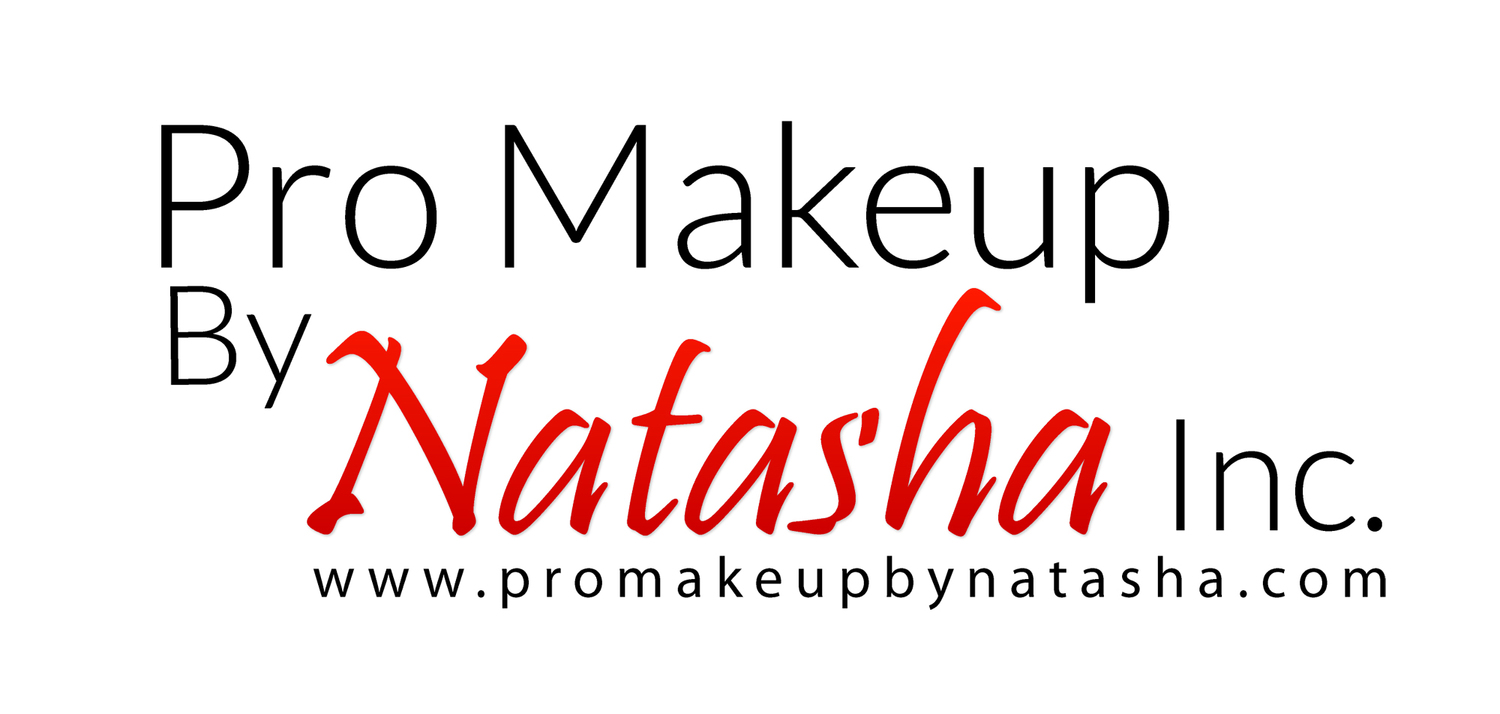Is Luxury Makeup Better?
/The beauty industry is a billion-dollar business, with women averaging around $300 per year on cosmetics alone. A significant portion goes toward higher-end and luxury makeup products. But when one eyeshadow palette costs over $100 and drugstore dupes claim nearly identical quality for a fraction of the price, it begs the question - is luxury makeup actually better? We are going to examines the key differences, pros and cons, and pertinent statistics on luxury versus standard makeup to determine if splurging is worth it.
Ingredients and Formulas
One of the biggest factors contributing to luxury beauty's elevated price tag are high-quality, often patented ingredients and state-of-the-art formulas. According to research by CosmeticsDesign.com in 2022, over 50% of women say ingredient quality and safety is most important when purchasing makeup products. Luxury brands pour resources into R&D and partner with cutting edge labs to develop next-level pigments, textures, and proprietary innovations.
A few examples:
- Pat McGrath Labs partners with specialty chemical company Vivimed to create uniquely saturated and shimmering pigments like her iconic eyeshadows.
- La Prairie Skin Caviar Luxe Cream includes an exclusive Cellular Complex that works to lift and firm skin while applying.
- Chanel uses pure Camellia oil harvested from their plantations in France in products like Le Blanc skincare to achieve brightening effects.
These singular formulations often surpass mass-market counterparts in areas like blendability, color payoff, wear time, skin benefits, and multidimensionality of finish. In fact, testing by an independent lab in 2020 revealed luxury lipsticks and foundations outperformed drugstore ones in metrics like longevity and percentage of active ingredients (Beauty Independent 2020). The unique active ingredients also enable many luxury products to provide secondary skin nourishing benefits during application.
However, the same lab analysis showed comparable performance for some basic product claims like opacity between mass and prestige brands. And while lab tests confirm formulations generally work as promised, it does not objectively confirm better quality or justify the extreme prices for everyone. Those with sensitive skin or minimal makeup needs may receive similar satisfaction from good mass options.
Brand Heritage & Sustainability
In addition to superior and unconventional formulas, established luxury houses promote brand heritage, craftsmanship, and enduring iconic status as value factors. For example, Chanel No. 5 perfume has endured nearly a century unchanged. Some of these lavish product ranges trace origins back decades or centuries before claims like clean beauty came into vogue, settinguxe brands apart. Environmentally and socially conscious practices are now rising in importance for 56% of beauty buyers per Statista data - and luxury players are evolving accordingly by implementing sustainability initiatives with things like eco-conscious packaging and fair labor programs that are easier for smaller or newer brands to overlook when competing on cost, enabling luxury players to compete on quality AND values for a premium experience.
Beauty Boutique Experience
Beyond the products themselves, luxury houses promise an immersive shopping experience reminiscent of a luxury boutique. Counters feature sleek black lacquer or gilded trim worthy of museum showcasing. Beauty advisors pamper with white glove consultations, personalized product recommendations and complimentary touch-up services. Chanel trains Beauty Ambassadors for six weeks at their Parisian HQ, focusing primarily on customer service finesse over product knowledge. Samples and gifts-with-purchase elevate the experience while fostering loyalty and human connection lacking in self-service drugstores.
Consistent 5-star ratings for helpful sales people and enjoyable atmosphere on sites like Influenster confirm shoppers agree luxurytaprooms deliver next-level indulgence, though some may find the doting attention intimidating or unnecessary to simply purchase products.
Subjective Value
As the age-old adage goes, “Beauty is in the eye of the beholder.” ROI depends greatly on individual needs and preferences. Those relying on makeup for confidence, creative self-expression, or even professional reasons may receive greater satisfaction splurging on products with superior pigmentation, blendability and brand image, for example. Similarly, consumers who value exclusivity and giftability are prime luxury targets.
On the contrary, minimal makeup wearers or those struggling financially can likely achieve their beauty goals with affordable options and pass the savings to other priorities. In fact, rock stars like Billie Eilish are proving one can slay red carpets wearing drugstore finds. The average woman applies most of her makeup in under 10 minutes (Forbes), hardly time to leverage luxury’s advanced features.
At the end of the day, learner level products can help most users achieve standard looks on a budget, while prestige options better enable those pursuing next-level creativity, novelty, quality and clout. Rather than universally superior, luxury brands excel at delivering a superior user EXPERIENCE - but only for certain consumers under certain circumstances shelling out gives a proportionate boost in enjoyment or outcomes to justify the dramatic spend difference. But responsibility ultimately lies with the user to decide if ~$100 lipstick supplies appropriate value.
The Takeaway
In most cases, luxury options live up to their steeper price tag with advanced formulas, sustainability initiatives, heritage branding and next-level shopping experiences that justify the markup...for the right customer. Those pursuing next-level creativity, quality, or consumer experiences receive proportionate added value from luxury offerings to rationalize the spend. Yet standard quality products sufficiently meet basic color cosmetic needs for bargain hunters or minimal makeup wearers without surplus benefit from indulging in pricer options.
So rather than universally better, luxury makeup proves situationally better depending on customer circumstances, needs and preferences. Carefully assess your own motivations and means to determine if premium options provide value worthy of elevating your beauty routine. At the end of the day, no one product universally suits all customers, so analyze your unique needs, desires and constraints before determining if luxury outperforms mass alternatives for your specific priorities.

